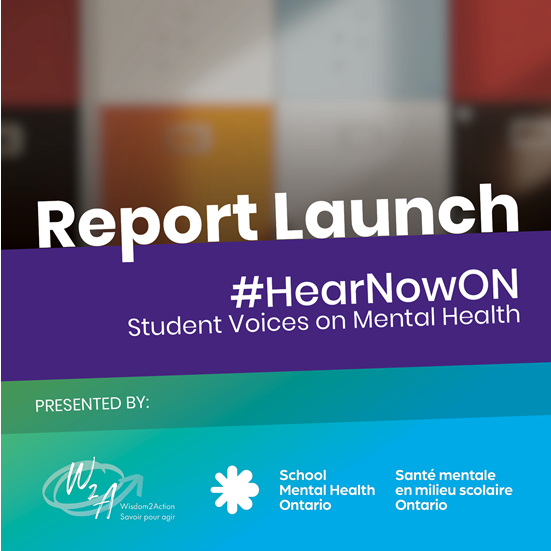Studentship honours the CHILD Cohort Study's Founding Director
AllerGen and the CHILD Cohort Study are proud to announce the Sears Undergraduate Summer Studentship.
The Sears Studentship provides financial support of up to $6,000 to an undergraduate student working full time for at least 12 weeks on a research project involving data generated by the CHILD Cohort Study, under the supervision of an investigator working with CHILD data in a Canadian institution.
This award aims to benefit undergraduate students interested in the Developmental Origins of Health and Disease (DOHaD) and related research.
It is named in honour of Dr. Malcolm Sears, the Founding Director of CHILD who led the planning for the Study from initial discussions in 2004 and served as its Director from its inception in 2007 until passing the leadership to Dr. Padmaja Subbarao in July 2017.
The 2020 application deadline is Tuesday, February 18, 2020.
More information | Call for Applications | Application Form Guidelines






